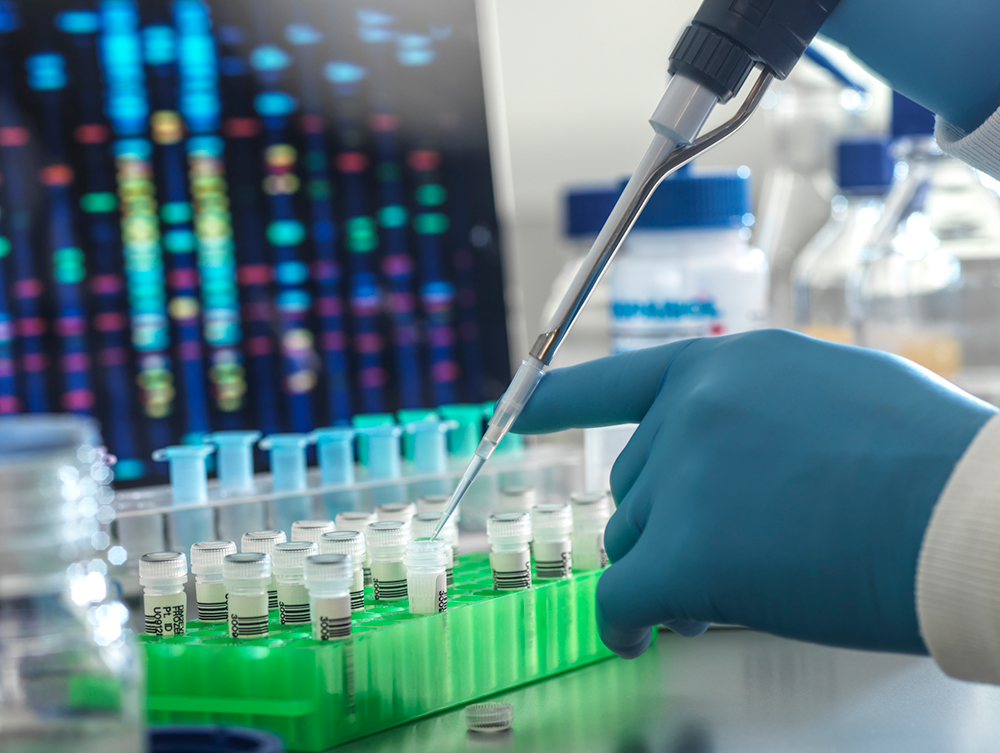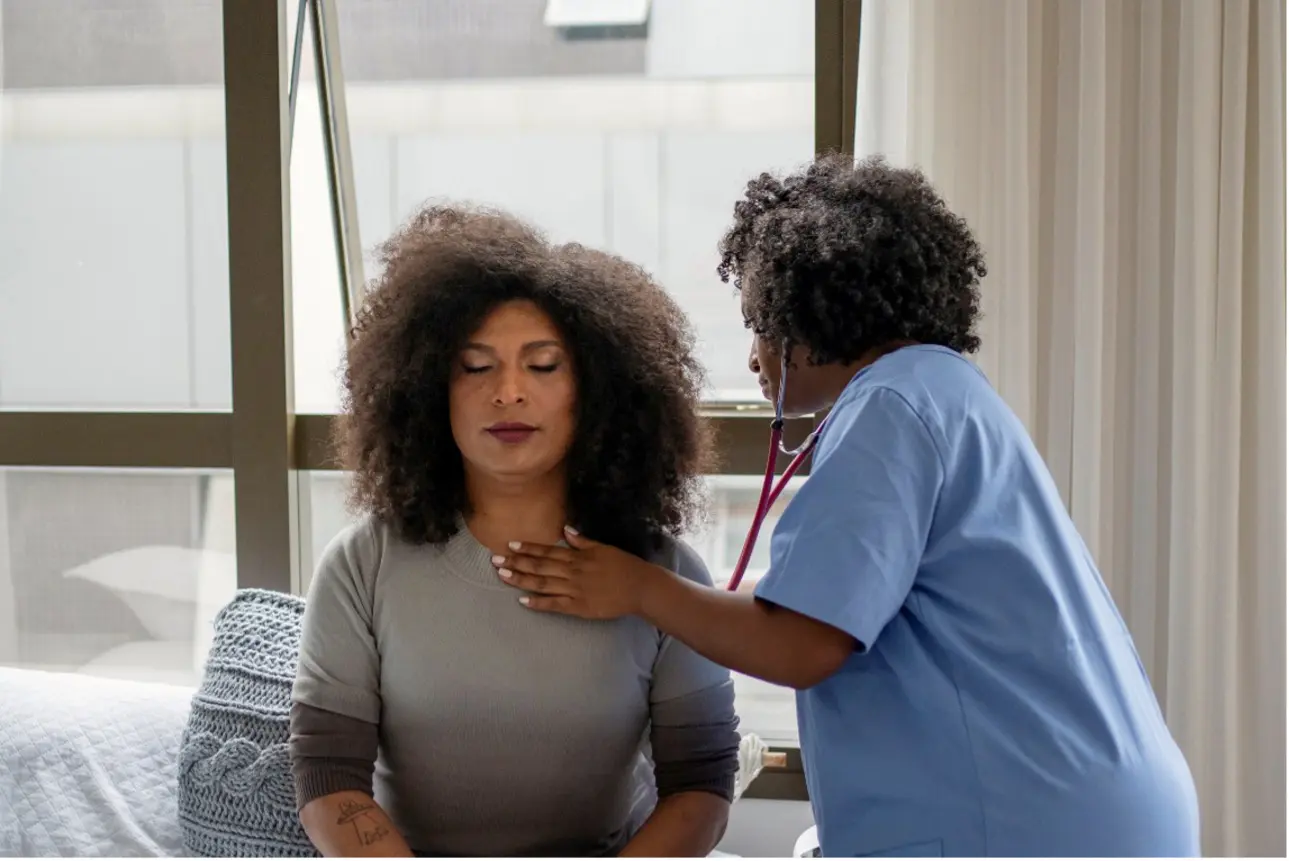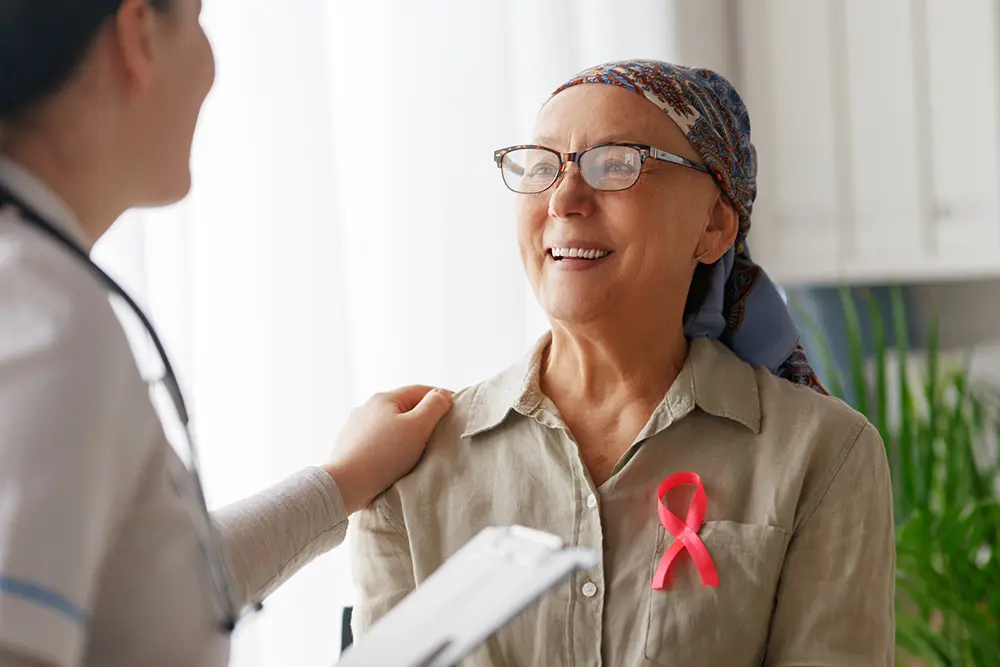Can At-Home Genetic Tests Detect Major Health Risks Like Cancer?
At-home DNA tests designed to describe your ancestry have risen in popularity in recent years. In addition to providing insights into your genealogy, race, and ethnicity, some tests also claim to detect significant genetic health risks. So, what can these tests tell you about your risk of developing cancer?
What Do At-Home Genetic Tests Tell You About Your Health Risks?
Direct-to-consumer genetic tests typically send a kit with instructions for collecting a sample of your saliva, which you will then send back for testing at a private company’s lab. The company will send you a report about your DNA results, and many of these reports may include information about your genetic health risk.
Currently, one direct-to-consumer DNA test (Personal Genome Service Genetic Health Risk (GHR) Report for BRCA1/BRCA2) has been approved by the U.S. Food and Drug Administration (FDA) to report on 3 gene variants that can help predict an increased risk for developing breast cancer, ovarian cancer, or prostate cancer. This can be helpful health information for some individuals with those genetic mutations.
Other at-home tests like a type of stool test called a fecal occult blood test (FOBT) may be recommended by your doctor to screen for colorectal cancer. These tests do not look for genetic variants, but instead test your stool for the presence of blood, which may be a sign of cancer.
What are the Limitations of At-Home Genetic Tests?
While some at-home testing may provide you with information on your cancer risk, these tests are unable to give you a complete picture of your risk profile. Even when you receive accurate information, you may be missing important context regarding your cancer risk and what you can do to manage it.
The GHR report can accurately report on three gene variants on the BRCA1 and BRCA2 genes, but there are thousands of known genetic variants associated with an increased risk for cancer. These three variants are common in people of Ashkenazi Jewish ancestry but are not the most common variants in the general population. So, while this testing may be accurate for people with a genetic background at a higher risk for those three variants, many people may receive a negative result on this test while having another genetic mutation. Receiving a negative test result on this test does not mean you have a low cancer risk.
See a Genetic Counselor to Manage Your Cancer Risk
If you take an at-home genetic test and receive a result that indicates you have a high risk of cancer, you should consult your doctor for important context that will help you manage your health. Your doctor may refer you to a genetic counselor, a health care professional who is trained to help patients understand their genetic risk for disease. A genetic counselor can guide you toward the appropriate genetic testing to help you navigate any questions you may have.




